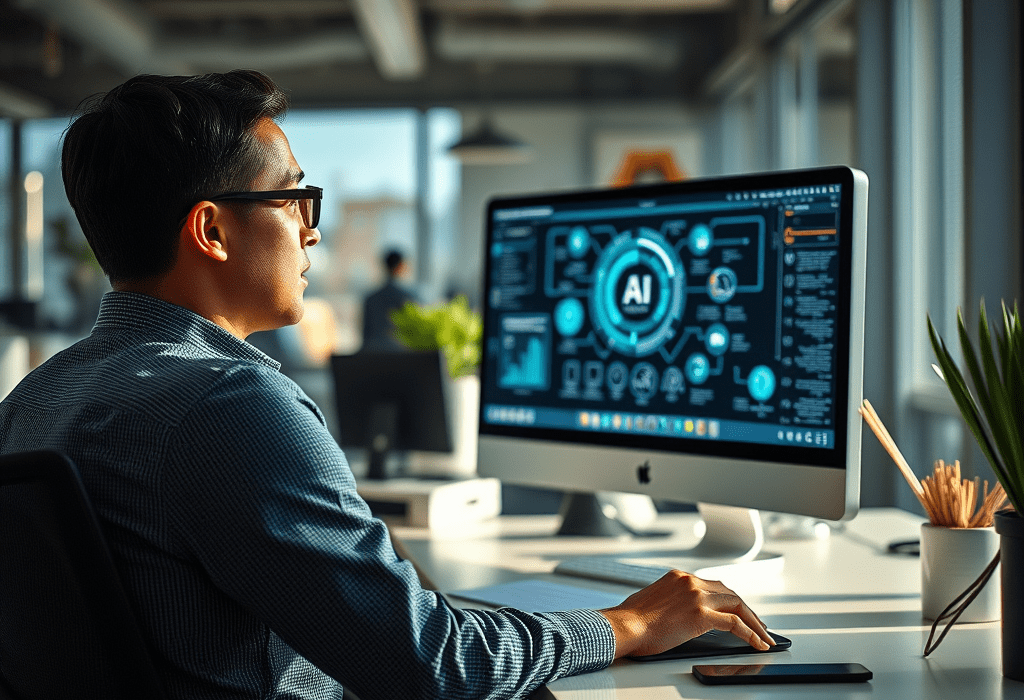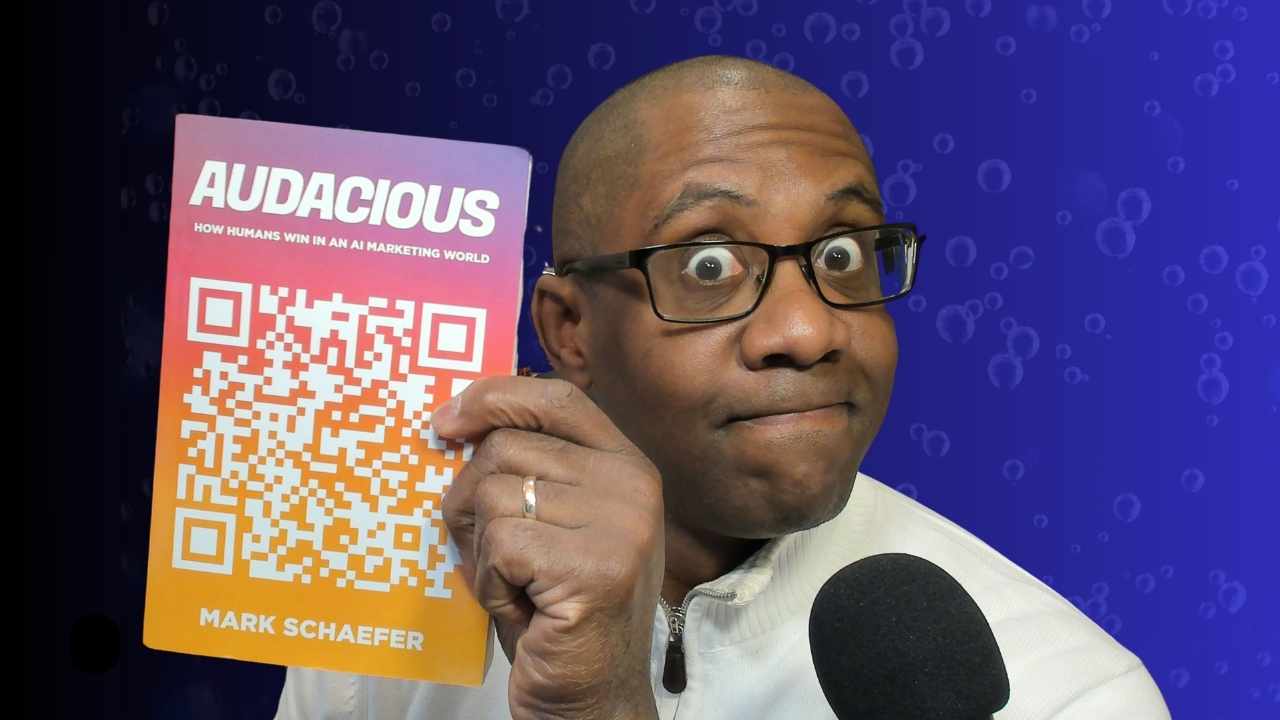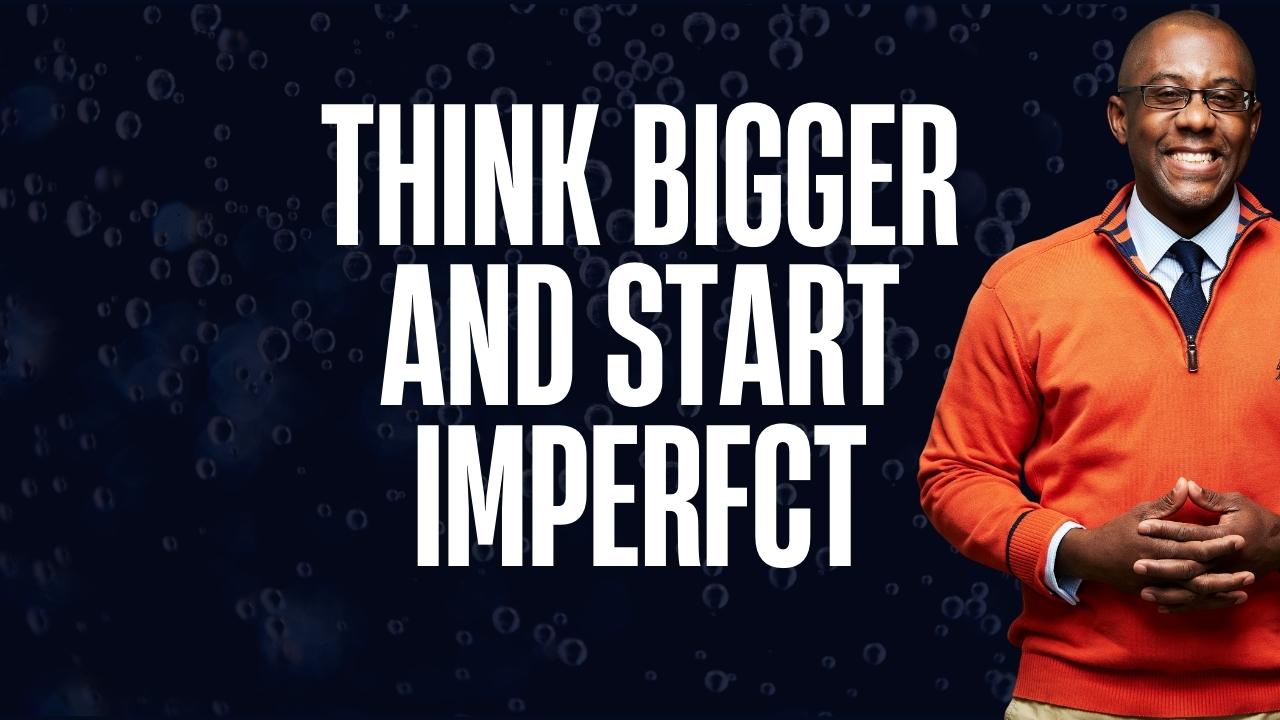In a recent discussion on The Celebrity CEO Show, host Ramon Ray tackled a pressing question that’s on many minds: Is artificial intelligence making us dumber? The conversation, featuring Press Staffing CEO Lainika Johnson and communications specialist Robert Kennedy III, revealed nuanced perspectives on AI’s impact on human intelligence and productivity.
The Lazy vs. Dumb Debate
Lainika Johnson, CEO of Press Staffing, an AI-first agency, offered a distinctive perspective: “Broadly, sure. Yes, we could say yes. But what it’s really doing is making us lazy.” Johnson emphasized that while AI can enhance efficiency, it shouldn’t replace human effort entirely.
“I tell my staff, make sure that you are using AI to make you faster, but don’t use AI to do your work,” Johnson explained, sharing a recent example where a team member relied too heavily on AI-generated graphics without adding human creativity. Her approach, which she calls “AI hacking,” involves using multiple AI tools strategically while maintaining human oversight: “I’ll go from ChatGPT, get a result, take that result over to Perplexity, and then ask Perplexity to improve it.”
Technology Isn’t the Culprit
Robert Kennedy III pushed back against the premise that AI itself is making us dumber. “When we say, ‘Is AI making us dumb? Is technology making us dumb?’ No. It’s not the technology. It’s us. We’re making us dumb,” he argued. Kennedy drew parallels to historical technological advances, noting how each innovation required intentional human adaptation.
“Every technology has upside and downside,” Kennedy explained. “If you think about this from the angle of back in the day when they came up with cars… people had to walk to go where they wanted. Their bodies were always exercising… We got in vehicles, and we started exercising less because it was easier for us to get from place to place.”
The Human Element in AI Implementation
Both experts emphasized the crucial role of human judgment in AI implementation. Johnson warned against the common practice of using AI outputs without customization: “What a lot of people are doing is just throwing something in ChatGPT, asking it, taking the result, and putting it out into the world as if it’s them. And we all know it’s not you. We know what robots sound like.”
Kennedy stressed the importance of making conscious decisions about how we use AI: “If I’m using AI to be more efficient for something, realizing that it’s shortcutting my creative process, I now have to make a decision to exercise my creative brain in another way.”
Finding the Right Balance
The discussion highlighted that AI’s impact on human intelligence isn’t predetermined – it depends entirely on how we choose to use it. As Johnson noted, “It shouldn’t be making the decisions for you. It should just be assisting you.”
Host Ramon Ray shared a personal example of how AI has changed his content creation process: “Well, before I would take a few days, take my time, and write a blog post… But today with a prompt, I could even just do that.” This efficiency gain raises important questions about the balance between productivity and maintaining critical thinking skills.
Looking Forward
The consensus among these industry leaders is clear: AI itself isn’t making us dumber, but it does present a choice. We can either use it as a crutch that diminishes our capabilities or as a tool that enhances our productivity while maintaining our critical thinking and creativity.
As Kennedy summarized, “I really wish we would stop blaming the technology and removing the onus from us as human beings.” The key lies in being intentional about how we implement AI in our work and lives, ensuring we maintain our cognitive abilities while leveraging the benefits of technological advancement.
The challenge moving forward will be finding ways to harness AI’s efficiency-boosting potential without sacrificing the human elements that make our work unique and valuable. This requires a conscious effort to use AI as an enhancement to, rather than a replacement for, human intelligence and creativity.











